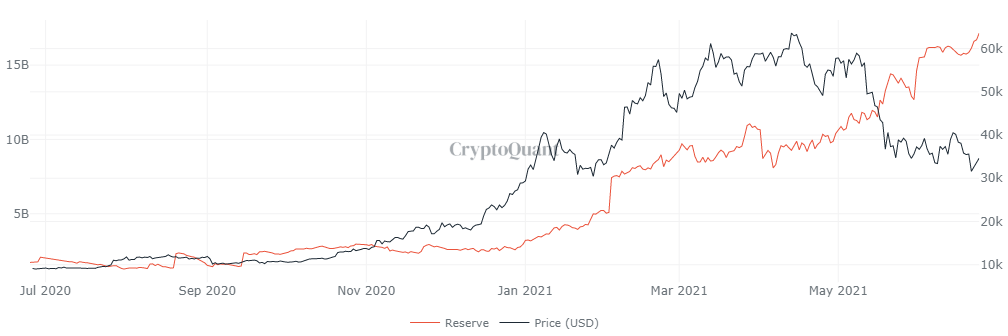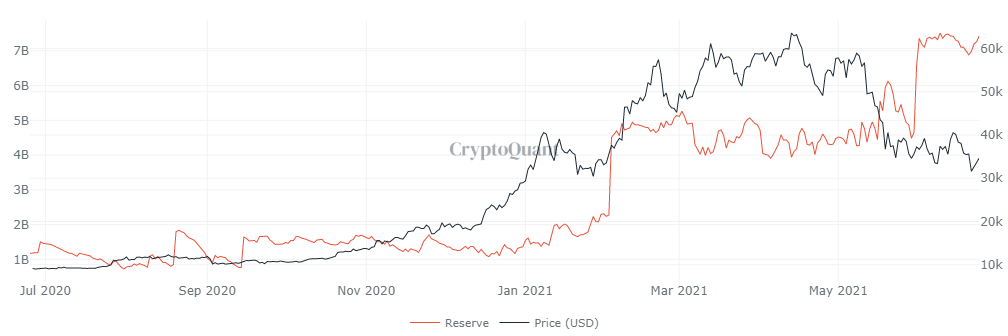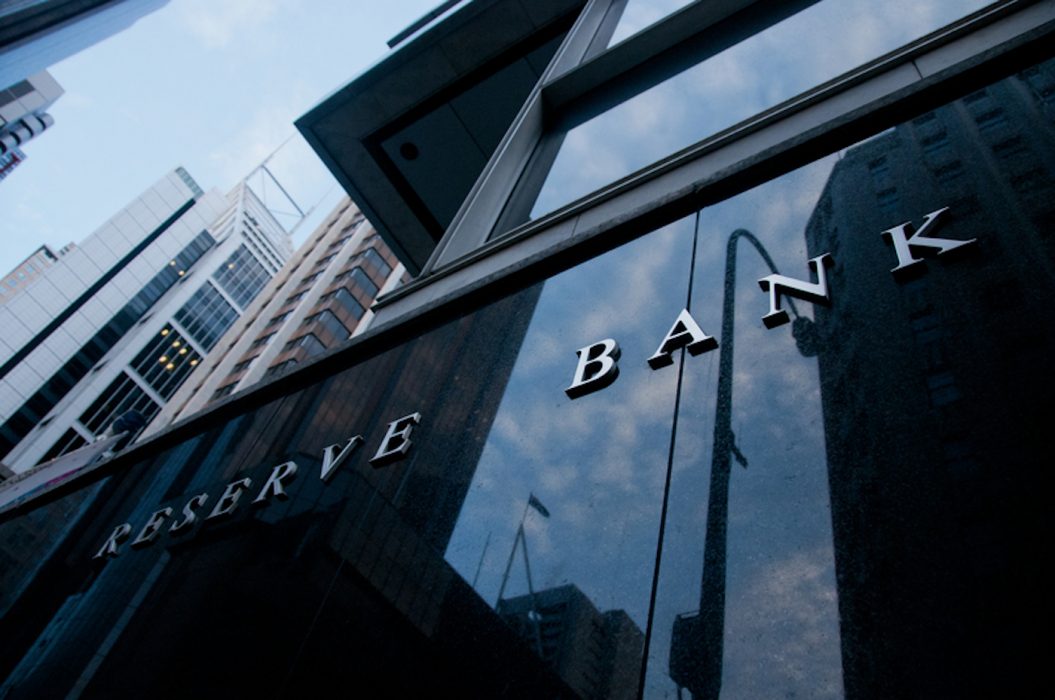The UK’s Financial Conduct Authority (FCA) has ordered Binance to stop regulated activities in the country while issuing a warning to its consumers about the platform and its trading products.
The financial watchdog said the exchange had until 30 June to stop promoting any advertising and financial promotions in the country, besides preserving all records related to its UK customers to notify the FCA by 2 July.
Business as Usual for Binance Trading Services
The exchange said this wouldn’t affect the services provided on its official website, so trading services are working as usual.
This includes no changes to Binance Australia services as mentioned directly to Crypto News.
As Binance Australia is a separate entity to the UK-based Binance Markets Limited (BML), the Binance Australia platform experience remains unchanged and users can continue enjoying the Binance Australia platform as normal.
At Binance Australia we’re aware of the new challenges faced by regulators working with new exchanges in this space. We work closely with Australian regulator, ASIC, and have been AUSTRAC-registered since before our launch last year to ensure we offer a service that users can trust.
We take a collaborative approach in working with regulators and we take our compliance obligations very seriously. We are actively keeping abreast of changing policies, rules and laws in this new space.
Sam Teoh – COO, Binance Australia
And the official Binance Twitter account has clarified the situation.
Some users on Twitter said this was just more FUD from the UK. It is not the first time Binance has been the subject of rumours regarding investigations or closing of operations in certain countries. In March, for example, Binance CEO Changpeng Zhao dismissed reports that the exchange was being investigated by the US Commodity Futures Trading Commission (CFTC).
The FCA Toughens Its Stance Against Exchanges
The FCA established a registration regime for crypto exchanges in 2020, stating that only approved companies could promote their products. However, it has approved only five companies since then.
That year, Binance bought an FCA-regulated company called EddieUK to launch BML (Binance Markets Limited). Via BML, it would offer its trading services using pounds and euros.
Although BML wasn’t using FCA’s regulatory permissions, the exchange did apply to the FCA to become a registered company, later pulling that application due to “intensive engagement” from the regulatory body.
The only way to offer crypto products to UK citizens is by becoming a registered company or having a pending application with the FCA – but since Binance pulled its application, it can no longer provide any services, including spot trading.
Global Pressure on Binance
Many regulatory bodies worldwide have warned Binance about its lacking authorisation to operate in their respective countries. As a result, Binance is now under scrutiny from several regulators across Europe and North America.
We take a collaborative approach in working with regulators and we take our compliance obligations very seriously. We are actively keeping abreast of changing policies, rules and laws in this new space.
Binance spokesperson, via Reuters
The latest warning Binance received was from Japan’s Financial Services Agency (FSA), stating the firm was operating in the country despite lacking the permissions to do so.


















